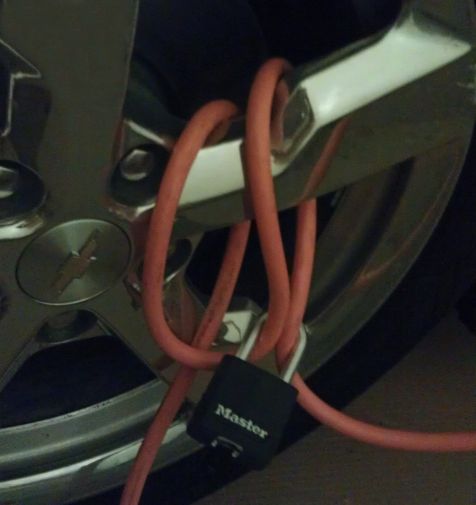cwerdna
Well-known member
BTW, your posts are real confusing when you don't leave the quoted text from others within the quote tag (see below). Is there a reason why you delete them or you don't use the quote button?NickM said:Almost but not quite.I meant with a combo charger so it would be dc not accwerdna said:You talking about a step up transformer? That's already inside the car's on-board charger.
I'm not sure how that'd help. If you fed 400+ volts AC into the car's on-board charger that's only supposed to accept 240 volts at max, you'd probably let out the http://www.catb.org/jargon/html/M/magic-smoke.html.
Code:
[quote]
[/quote]






